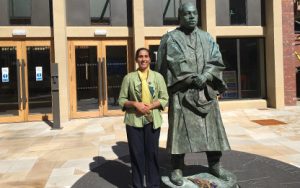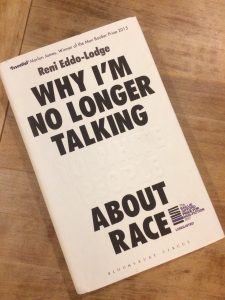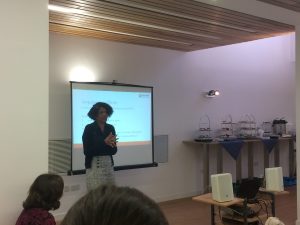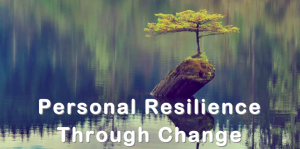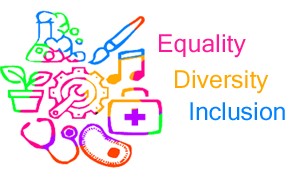 NU TechNet is a staff network run by Technicians, for Technicians, to give them a voice and help them to feel valued at work.
NU TechNet is a staff network run by Technicians, for Technicians, to give them a voice and help them to feel valued at work.
If you’re interested in getting involved, TechNet’s first meeting of the year is on 10th October, 1 – 3.15pm, in the Lindisfarne Room in the Hadrian Building.
To find out more about TechNet and why you should come along, we spoke to Roy Lamb, an Analytical Technician in the School of Natural and Environmental Science and a member of TechNet.
Can you tell us a bit about what the network does?
NU TechNet has a number of functions and is a major part of identifying and driving some of the Technician Commitment initiatives. Launched by the Science Council in May 2017, the Technician Commitment is a university and research institution initiative. It is led by a steering group of sector bodies, with support from the Science Council and the Gatsby Charitable Foundation’s ‘Technicians Make It Happen’ campaign.
As of September 2017, 61 institutes of higher education have joined the Technician commitment. Newcastle University is a founder signatory and joined in March 2017 with the approval of Prof. Chris Day.
In short, NU TechNet allow us as technicians to increase visibility, evaluate impact, gain recognition, develop our careers, ensure the future stability of technical skill across the organisation and allow that skill to be fully utilised.
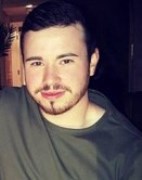 How has TechNet helped you personally?
How has TechNet helped you personally?
NU TechNet has allowed me to showcase my skills as a member of the technical work force, build confidence through presenting my work at NU TechNet events and really helped get my name out there as an individual. Being an individual is often difficult as a technician as we are extremely team orientated, however we each have our own set of skills and abilities which isn’t frequently seen by others outside of those teams.
What has been the best thing about being part of TechNet?
The Network has been extremely useful in bringing forth and drawing from the years of experience of our technicians. Reducing equipment downtime and repair costs, whilst allowing for knowledge transfer and process tutoring. This not only increases the skill base of the technical workforce, but ensures that those techniques are passed onto the next generation of technicians.
It is also extremely interesting to hear about all the different projects and tasks other technician have completed or have in progress.
Where do you hope to see the network going in the future?
In keeping with the universities vision, we have targets we’d like to meet in the future. Here are a few of those we’d like to accomplish within the next 5 years, using NU TechNet as a driving force:
- Examine impact cases submitted to the forthcoming REF submission to identify exemplars where Technical Staff input has been vital to their success.
- Where appropriate, key decision making Committees/Boards to have Technical Staff representation/expertise.
- Introduction of apprenticeships up to and including Level 7 that existing and new Technical Staff can access, as a development opportunity.
- Establish a Technical Skills Academy to deliver technical CPD to others across the HE and commercial sectors.
To find out more about NU TechNet, or how to get involved, please click here. You can also follow them on Twitter @NU_TechNet.

